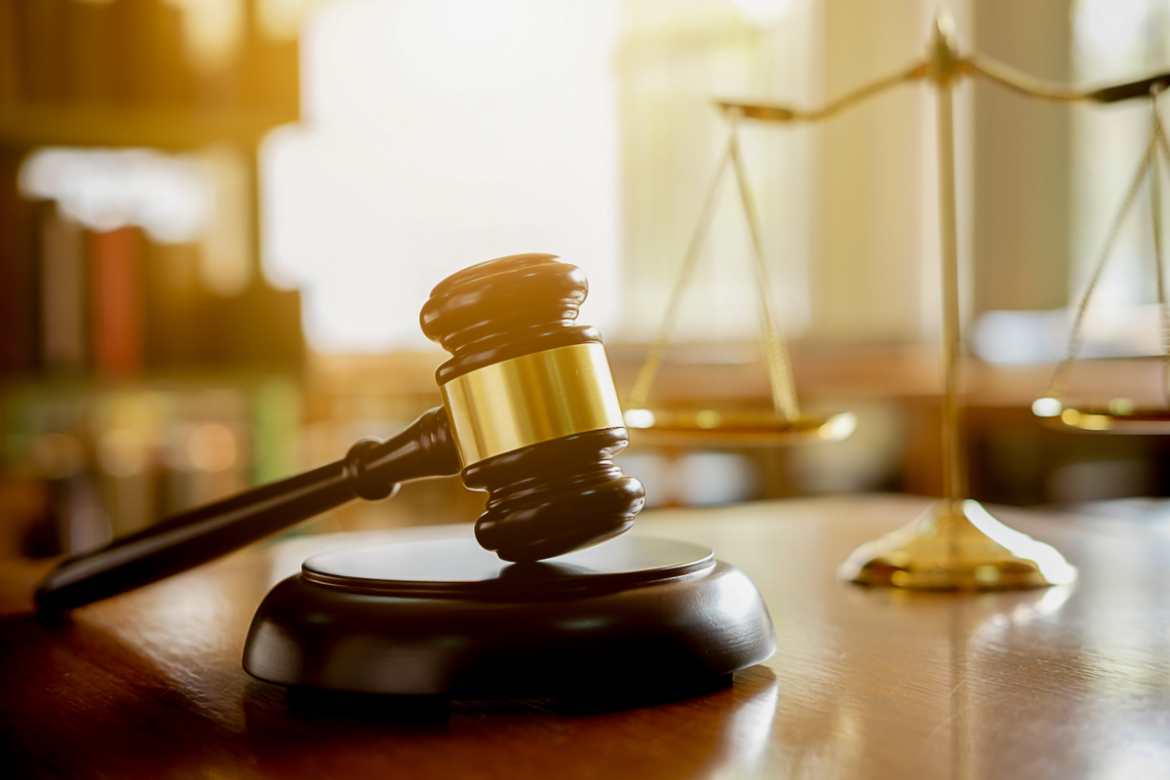Associate Justice of the United States Supreme Court Clarence Thomas has questioned the government’s power to enforce federal bans on the US state-licensed creation and trade of marijuana.
Over five pages, Associate Justice Thomas dissected the present state of affairs regarding the cannabis plant in the nation. The comments of one of America’s leading conservation law minds address the extent to which the cannabis matter is becoming bipartisan too.
At the start of his recent commentary, Thomas noted that the US Supreme Court further authorized Congress to ban cannabis cultivation in its past ruling on the Gonzales versus Raich case. Thomas noted that no matter what Raich’s merits were back then, the last 16 years’ federal policies have considerably undermined the court’s reasoning on that case. Thomas also wrote that when comprehensive, the present approach of the federal government towards marijuana tolerates the local use of the product while forbidding the same. As for Thomas, that unstable and contradictory status quo not only strains basic federalism principles but also hides traps for unwary people.
Thomas described the case involving Standing Akimbo and the US, which caused his commentary, as one that epitomizes all the federal madness. An issue is that the court discusses such tax deduction-related cases when almost 50% of the nation’s population lives where adult utilization of marijuana is legal.
Citing a Los Angeles Times article regarding Congress ending its prohibition on marijuana, Thomas said that it is understandable why a commoner might feel that the government has changed its absolute marijuana ban. He added that it is also understandable why Colorado’s business owners, like petitioners, might feel that their marijuana operations in one state would be treated similarly to any other legal enterprise under state legislation.
Thomas stated how under that law, an enterprise that is in debt even after paying its employees might face a considerable federal tax burden, complicating its profitability situation. That affected the smallest marijuana businesses most badly, since the enterprises that bootstrapped to reach their present state lack support to handle the said burden.
Thomas noted that the disconnection between the recent laissez-faire marijuana policies of the government and the operation of laws go beyond the context of tax. Several marijuana-related enterprises operate in cash alone since federal law bans some financial organizations from knowingly taking deposits from businesses that breach federal law or offering other banking services to those businesses.
The National Organization for the Reform of Marijuana Laws (NORML) also made its comments on Thomas’s statement. For your information, NORML is the oldest marijuana reform group in the United States of America even today. As for Erik Altieri, the Executive Director of NORML, Thomas’s comments show what has long been a no-brainer to most people in the country. With almost 50% of Americans living in a situation where adults cannot legally use marijuana, defining marijuana as a banned Schedule I substance is problematic and absurd for the US federal government. Altieri also stated that the intellectually dishonest state contradicts the present cultural landscape and available science, as well as complicates the capability of US states to oversee and regulate state-legal cannabis businesses.
Altieri also argued that the message of Thomas serves as further proof of the requirement for marijuana reform. As for Altieri, Congress should remove marijuana from the so-called Controlled Substances Act, thus ending the untenable situation. Altieri reckoned that the said removal would allow states to make their decision about marijuana without undue interference from the US federal government.

